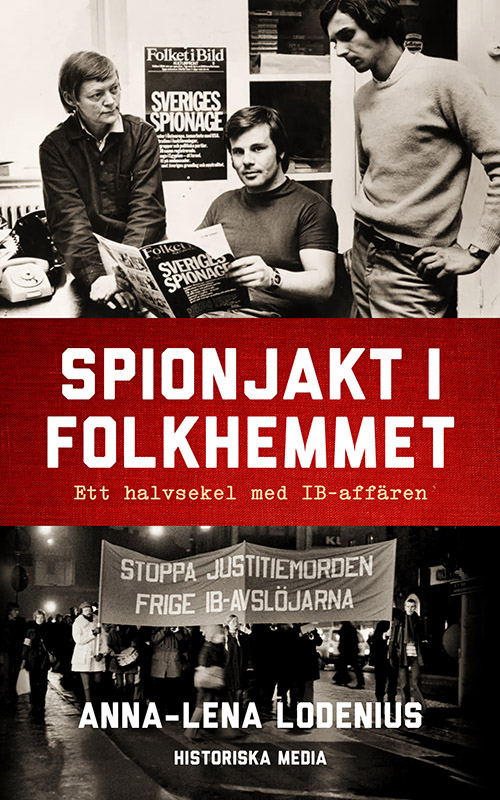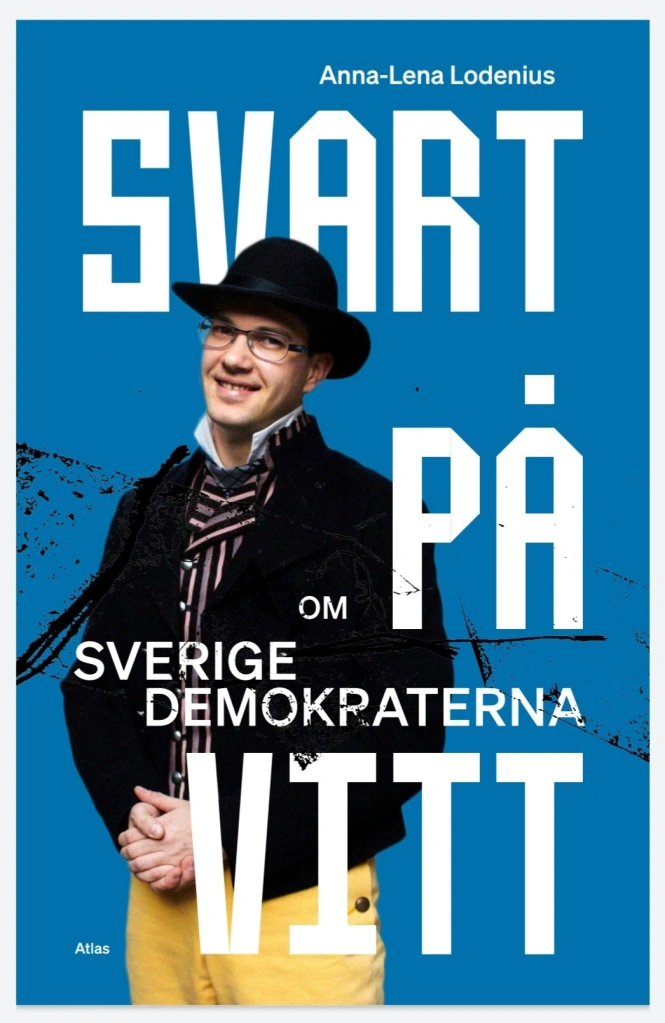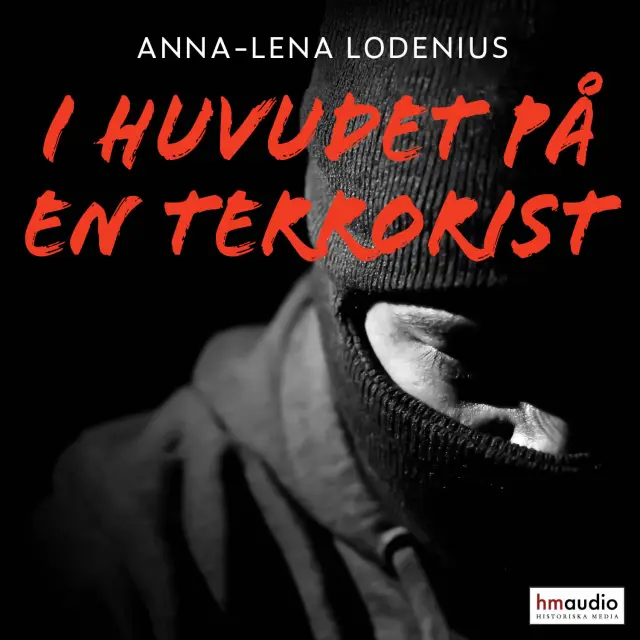This is a speech that I held for the Friedrich Ebert Stiftung in Brussels the 17th of September 2018 straight after the Swedish national Election. In fact I changed it a lot, but since I had a written manuscript I might as well share it.
***
We woke up to a situation, not very different from after last election 2014. There are three blocs – a blue – liberal/conservative, a red including left, green and the Social Democratic party – and on top of this a populist party. It means there are just as in the rest of Europe, most country has a Right-Wing Populist party in the national parliament nowadays.
The difference this time, compared to 2014, is that the difference between the two big blocks red/green and blue in mandates is extremely small – 143 for the reed-green and 142 mandates for the blue bloc. And the populist party is bigger than ever, 62 mandates. It makes it hard to shape a majority, even harder than last election.
In Sweden the Right-Wing Populists are called The Sweden Democrats. They used to be Neo-Nazis, at least in the beginning in the end of the 80ies. But later on then started to behave themselves. Recently they have talked a lot about welfare, caring for the elderly, the children etc. As a result they attract more and more ordinary people voting for them, even more women.
But the roots are shown, quite often actually. Someone in the party says something rude about migrants or about the Jews. This is usually not tolerated, and they are removed. Zero Racism is the message. But mainly for tactical reasons, it sends the wrong message. Still SD is not a party as all the others. They are not even only Right-Wing populists, they are an old fashion nationalistic party, demanding people to wake up and realize that a total makeover is needed, a new world. SD considers themselves as the only ones in opposition to the others. It’s a highly polarised way of looking at the world.
They want far more than more resources to the health care sector. Immediately after the election the second leader in the party, Mattias Karlsson, expressed himself in a way that attracted attention (he happens to be the person writing all the political documents, and when the leader of the party, Jimmie Åkesson, was sick for quite some time he was of course replacing him). Mattias Karlsson now told that everyone must step up to the next election, the EU-parliament, since there was no time for delay.
He then tells wrongly that Sweden used to be occupied by foreign countries – what History books did he read? He tells that we, the Swedish people, are fighters skilled in the art of resistance, that is part of our national character. The destiny has chosen SD, and now it is a choice between “Victory or death”.
I must admit I was a bit surprised. I still had the idea that SD wanted to be party as all the others, only slightly more Xenophobic. But SD is, as I have shown, not a party as all the others.
We have a situation when no one wants to cooperate with SD. But they might have to. Or ells everyone needs to compromise and give in in one way or the other Everyone needs to be clear about what they can sacrifice if SD should stay out of power
SD tells they might turn down every other budget unless the others listen and reduces the migration. They don’t fear a new election, according to Mattias Karlsson. Some other parties barely made it to the parliament, they might lose their place, and SD might get even bigger. They certainly fear a new election, that’s for sure.
Politics gets more and more complicated. The blue bloc consists of the liberals and the liberal-conservatives. The Liberals have rejected SD in every possible way. But the Liberal conservatives – Moderaterna and the Christians Democrats have left the door slightly open. Less of those voted for those parties rejects a solution which includes SD. Some of those representing the parties on local level already have a dialogue with SD in the local parliaments.
But it remains to be seen if the liberal parties, The Liberal party and the Center party, accept a solution when they are depending on SD? Or will they rather – after all – listen to the Social Democratic party and Stefan Löfven telling that the time for steady blocs in politics must be ended. Or ells SD will gain power
It’s a difficult process of negotiating, and it hasn’t really started. I have no idea what the result will be. I am extremely worried that the sensible parties will lose impact to SD after all. And I am quite sure that in that case it will be the liberal conservative parties that opened the door and let them in. Not the others.










